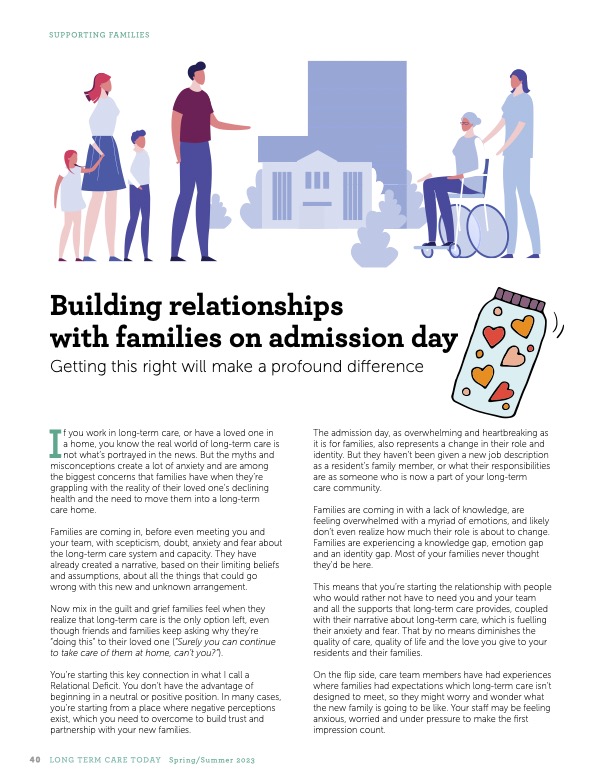What does bad customer service have to do with Senior’s Care?
I have been in a battle with a certain furniture company since I bought a new sectional in February 2020.
A couple months with my new comfy couch, I noticed how my favorite place to sit was starting to slope.
Through the initial pandemic phase, service/repair visits were on hold. And my couch continued to slope.
Fast forward 16 months later, I’m still getting shut down and not listened to with “Guest Care” whether that’s on the phone, email or by the furniture technician that comes by, inspects, smiles and says “you’ll get a call in 24 hours about next steps.”
I hadn’t figured out what a satisfactory resolution would be. I certainly didn’t expect they would come pick it up and provide a full refund- but at least how I was being treated through the process would have made me feel better. It was as if every time I spoke to someone, they were reading off a script. 
I imagine that my file has a great big Jalapeno emoji on it. Reminds me of the Seinfeld episode where Elaine is labeled as a difficult patient. (or PITA, as some people know…pain in the a**)
So, what does negative customer service have to do with Senior’s Care? Well, I talk a lot about how to be more relational in a transactional world.
Is it the end of the world that my couch slopes? No. What I would have really appreciated though, was a more relational approach during our transaction.
I think it’s reasonable for all of us to expect to be respected, listened to, empathized with and to feel a genuine desire to make things right when things go wrong- and this got me thinking of families vs staff in long term care, and how we can all react & respond to issues when they arise.
- How you respond (versus react) to a family’s concern matters.
From my own experience as a family member, and as I hear stories from other families, their frustration is more around HOW the situation is dealt with, versus the situation itself.
In RECIPE for Empathy, I share how a family member was upset about the staff deciding her husband needed to wear an incontinent brief. Her anger wasn’t about the brief – it was about not being told, and then discovering a decision had been made without her. Thankfully in this situation, the care team did a great job acknowledging her frustration, apologizing for this mistake, and assuring her they understood her concern and would communicate better next time.
- Even if you can’t deliver the ideal outcome, it’s important your family feels seen, heard and respected.
Let’s face it, there are so many things that are outside of your control. We are living in ‘sub-optimal’ times right now as we continue to work our way through (and out) of this pandemic. How we communicate, through listening, observing, noticing how our families are thinking and feeling, has so much power in being relational. Even when we can’t give them everything they want.
- Practice patience and presence
Have you ever felt like you were being pushed along and rushed through when you had a service complaint? Like the person couldn’t wait to get rid of you,so they could roll their eyes behind your back and tell t
heir co-workers what a nightmare that just was?
As much as you may feel you just don’t have time to be patient and present with an unhappy family member, how they feel about their experience with you will be remembered. That moment with you can spark a low grade frustration into a full on spicy Jalapeno reaction that can cause a world of hurt for you and your team. Or you can make this moment count, so that you can help them to reset, simmer, and reframe it into a service recovery – and maybe even an investment into your relational bank account with them.
Share
Related Articles



